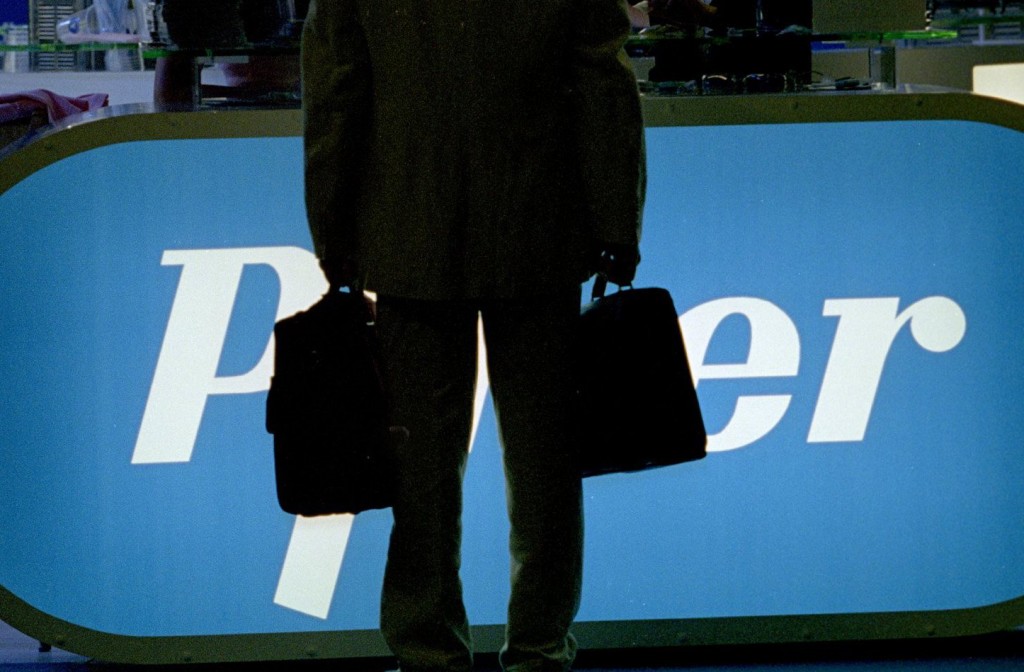Policy has consequences, and they’re often very predictable. For example, if you tax businesses more, they will be less likely to locate in your country. Heritage expert Curtis Dubay warned last fall that if Congress did not improve America’s punishing corporate tax situation, businesses — and jobs — would walk.
Two big companies are threatening to do just that — Pfizer, a pharmaceutical manufacturer, and drugstore chain Walgreens.
“These well-known U.S. businesses are looking to pull up stakes because the U.S. taxes their foreign earnings at the highest rate in the industrialized world,” Dubay says. “Indeed, we are the only country that taxes the foreign earnings of our businesses.”
The Washington Post’s editorial board took notice and urged lawmakers to pay attention:
there is more common ground on corporate tax reform than many people realize. Partisan politics and anti-reform special-interest lobbying have kept the status quo in place. Perhaps Pfizer’s proposed deal will be the wake-up call Washington needs to push for bipartisan tax reform, if not before the November election, then after it — and certainly, one hopes, before the end of the 21st century.
Dubay has laid out exactly what we should do to prevent companies from making these kinds of moves. Learn about the kind of tax system that would create jobs and raise wages for American workers.
